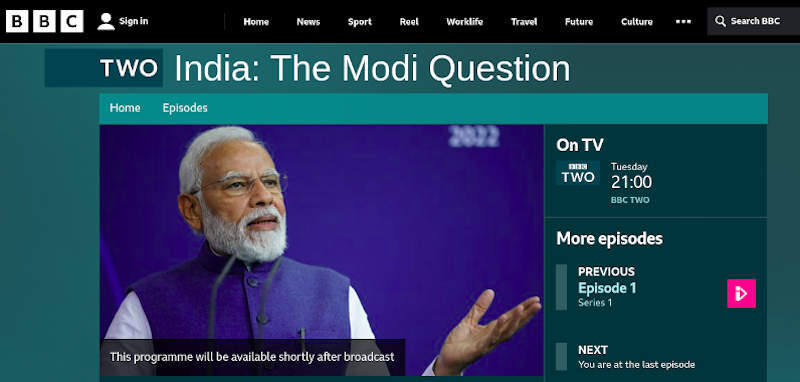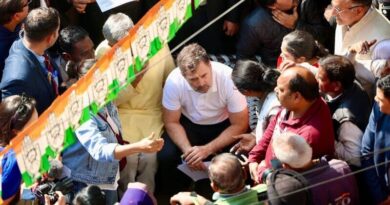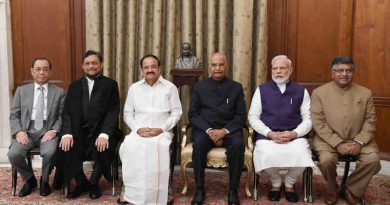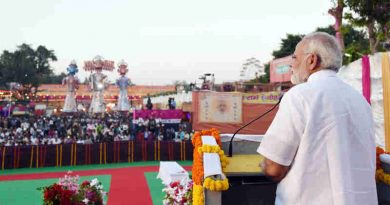Australian Parliament to Screen Banned BBC Film on Modi’s Role in Gujarat Riots
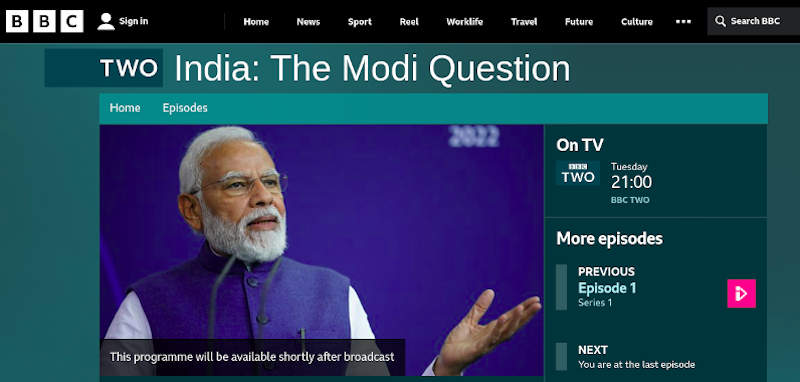
Australian Parliament to Screen Banned BBC Film on Modi’s Role in Gujarat Riots
In order to gain legitimacy for his actions in Gujarat, Modi is squandering huge public money to buy foreign products and services which are not actually required in India.
By Rakesh Raman
A new BBC documentary which explores the role of India’s prime minister (PM) Narendra Modi in the Gujarat violence of 2002 will be screened in the Parliament of Australia.
Senator David Shoebridge will deliver the opening remarks before the screening of the film on May 24, 2023 at a time when Modi is visiting Australia. The event will also include a panel discussion on India under Modi’s rule.
In fact, Modi’s real political career began with the Gujarat massacre of 2002 in which he was allegedly involved in the murder of thousands of Muslims – including men, women, and children.
The Gujarat violence can be compared to the criminal activity of Nazi Germany during the Holocaust for the genocide of millions of European Jews.
While Modi is the main accused in the Gujarat riots of 2002 when he was the chief minister (CM) of Gujarat, this criminal activity is again in the news, as BBC has produced a comprehensive documentary on Gujarat riots and Modi’s role in this crime. The new BBC documentary, ‘India: The Modi Question,’ sheds light on Modi’s role in the Gujarat violence.
The first part of the series aired in the United Kingdom on BBC Two channel on January 17, 2023. As usual, without any substantiation, the Indian government has termed the BBC documentary a propaganda film, saying it aims to discredit Modi. It may not be allowed for viewing in India. The second part of the documentary was shown on BBC Two on January 24, 2023.
A report by The Wire news service said the BBC documentary claims that Modi is hugely divisive and India is currently in a religious turmoil under Modi. On January 23, 2023, The Caravan magazine published the text of the report of inquiry conducted by the UK government into the 2002 Gujarat violence, which was cited in the BBC documentary on Modi.
Although the BBC film is about Modi’s role in the Gujarat violence, the Modi government is projecting it as an attack on the Indian state and blocked the screening of the film by using repressive tactics.
The Modi government under its draconian laws to censor online content directed YouTube and Twitter to take down links of the BBC documentary and both the social media sites succumbed to the government’s pressure and blocked the film.
However, some media outlets have given details of the alternative channels that can be used to watch both the episodes of the two-part docuseries, India: The Modi Question.
On January 24, 2023, international human rights organization Human Rights Watch tweeted parts of the film and said, “India has banned a BBC documentary about Prime Minister Narendra Modi’s role in the 2002 riots in Gujarat state. The documentary highlighted a report that found Modi “directly responsible” for the “climate of impunity” enabling the violence.”
It is evident from the documentary that Modi was inciting violence to kill Muslims in the state. With the aim to silence the BBC, the Indian tax department raided BBC offices in Mumbai and New Delhi in February 2023.
Also, on May 22, 2023, Delhi High Court issued summons to the BBC on a defamation case filed by a Gujarat-based NGO, which claims that its documentary on Gujarat riots is against the reputation of Modi and India.
Despite Modi’s terrible criminal record, he managed to become the PM of India in 2014 and now most world leaders hobnob with Modi for their commercial interests, as they want to sell their products and services in the Indian market.
In order to gain legitimacy for his actions in Gujarat, Modi is squandering huge public money to buy foreign products and services which are not actually required in India.
By Rakesh Raman, who is a national award-winning journalist and social activist. He is the founder of the humanitarian organization RMN Foundation which is working in diverse areas to help the disadvantaged and distressed people in the society.

